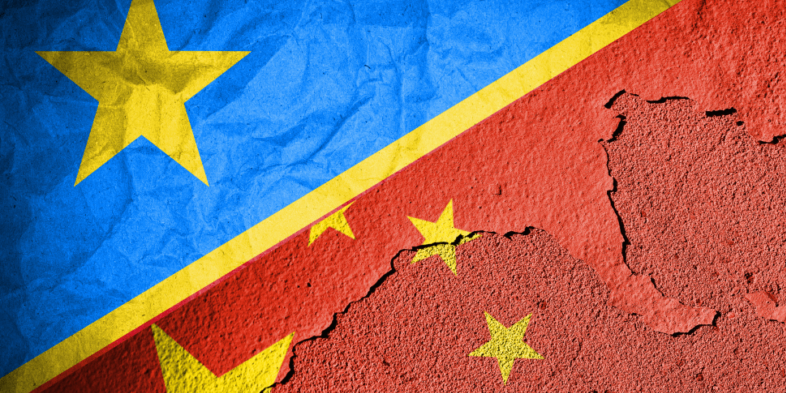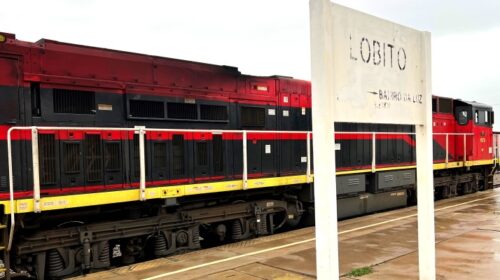DRC’s Renegotiated Mining Contract with Chinese Enterprise Sparks Debate Over Missed Potential
The recently signed contract on March 14 between the Democratic Republic of Congo (DRC) and the Chinese Enterprise Group (GEC) continues to fuel discussions.
Bodom Matungulu, president of the think tank RDC Stratégie, which specializes in public policy, argues that the renegotiated contract, known as “Amendment No. 5,” could potentially generate over $117 billion for the DRC, thanks to the significant reserves of copper and cobalt within the country’s subsoil. However, he contends that the contract represents only a small fraction of the DRC’s vast mining potential.
“The deposits covered by this contract hold mining reserves estimated at approximately 10 million tonnes of copper and 626,619 tonnes of cobalt.
With copper priced at $10,000 per tonne and cobalt at $28,000 per tonne, this contract could be worth over $100 billion for copper and $17 billion for cobalt, totaling more than $117 billion.
It’s important to note that in 2022, cobalt prices reached as high as $80,000 per tonne,” Matungulu explained during the presentation of the second edition of the RDC Infrastructures Forum (RIF 2024) report.
These projected figures starkly contrast with the contract’s terms, which provide for only $7 billion in financing between 2024 and 2040, primarily focused on road infrastructure.
“When we consider the total copper reserves, estimated at 120 million tonnes, they represent a value of $1.2 trillion. The $7 billion outlined in the Chinese contract through 2040 accounts for just 0.58% of that potential. It’s merely a drop in the ocean compared to the DRC’s full potential,” Matungulu argued.
Given these disparities, Matungulu advocates for the implementation of “structured infrastructure projects with high added value for the country.”
He also recommends that the DRC government conduct thorough studies before launching any projects, establish rigorous governance frameworks, and involve international experts to optimize the management of financing and ensure proper oversight of mining activities.
According to the new amendment, out of the total $7 billion over 17 years, $624 million is expected to be disbursed this year, with $1 billion planned for 2025.
In addition to the construction of road infrastructure under this contract, the amendment also includes a significant readjustment in the distribution of shares within SICOHYDRO, the entity operating the Busanga hydroelectric power station. Previously, the Chinese party held 75% of the shares, with 10% allocated to the Congolese state and 15% to a private consortium. The new amendment significantly increases the Congolese State’s share to 40%.
122 total views , 1 views today





